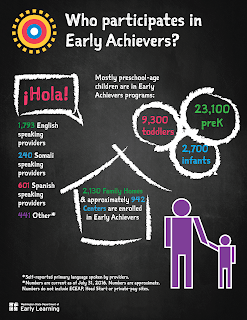It’s back to school time… are you and your family ready? August
is typically the time of year that many families get their children ready for
school, and are busy checking the school supply list to ensure their children
have the proper school supplies for a successful start to the school year. There is no denying that this is an important
part of school readiness. Often overlooked, but equally important are
immunizations.
Schools, child care facilities, and preschool programs are prone
to outbreaks of infectious diseases.
Children enrolled in these settings can easily spread illness to one
another due to poor or improper hand washing techniques, interacting in crowded
environments, and not covering coughs or sneezes.
Vaccines provide a safe and powerful tool to protect children
from serious infectious diseases, such as measles, mumps, and chicken pox to
name a few.
When children are not immunized they are at an increased risk of
contracting infectious diseases. They
can easily spread the disease to others in their classrooms, playgroups, to family
members with weakened immunity due to age or health conditions, and the
community they live in.
To help families navigate the requirements for immunizations and
how to obtain a copy of a child’s immunization, or to answer questions about
the safety of immunizations, the Washington State Department of Health (DOH) and the
Centers for Disease Control and Prevention (CDC), have the following links that can
provide valuable and current information regarding immunizations and
vaccinations.
- CDC parents’guide on vaccines
- Common Immunization Questions
- Provider resources for vaccine conversations with parents
Together let’s keep all children in Washington healthy and ready
to learn.











